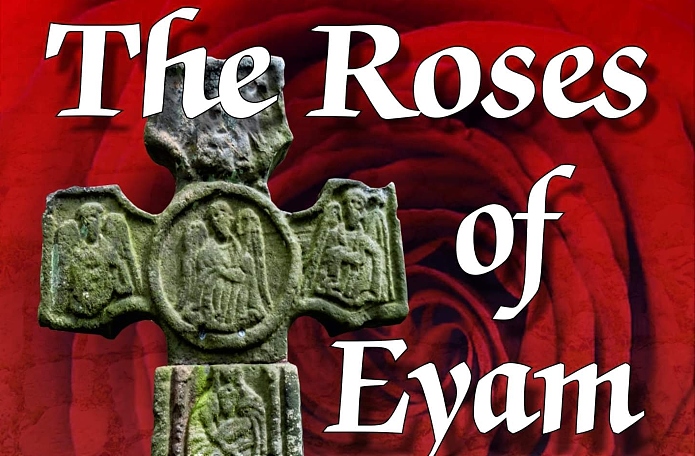
Nantwich Players Youth Theatre is to stage its production “The Roses of Eyam” next month.
It will run at the Love Lane theatre from March 23-26 from 7.45pm each night.
“The Roses of Eyam” is a historical drama written by Don Taylor and explores The Great Plague that swept Britain in 1665/66, and the events that took place just over the border from Cheshire in the small village of Eyam.
It is largely based on the heroic actions of the community in the ‘Plague Village’ in Derbyshire, between September and December, of those years.
Already troubled by the divisions arising from the recent Civil War, some villagers supported the Parliament; others had fought for Charles I at the Battle of Marston Moor in 1644.
In 1665, the arrival of a new rector and Royalist, the Rev William Mompesson, caused more problems.
The previous rector, Thomas Stanley, an ardent Puritan and supporter of Cromwell, was still an angry resident in Eyam, and a declared enemy.
But the introduction of the plague changed everything as the village fought for survival and made a valiant decision that would save thousands of lives in Derbyshire alone.
We are soon absorbed as this tragic tale is played out.
Some of the village inhabitants will leave, but most will stay to face a terrible fate.
The first sign of the ring of vivid red ‘roses’ on skin that will erupt with boils, quickly resulting in the death of most of the villagers.
Nantwich Youth Theatre is dedicating the production to the men and women in the NHS who have worked tirelessly throughout the Covid pandemic.
Tickets available from Tuesday March 1 2022 at www.nantwichplayers.com (£1 ticket booking fee applies for Internet bookings).
Telephone bookings 01270 600727.






















Recent Comments